#Kabul (Afghanistan)
Text

Pictured from left to right: Cpl. Hunter Lopez, HM3 Max Soviak and Cpl. Daegan Page, assigned to 2nd Battalion, 1st Marine Regiment while serving in Kabul, Afghanistan.
All three men lost their lives during the suicide bombing at the Kabul airport, on August 26, 2021.
Fair winds and following seas to these brave warriors and to their fellow service members who gave their lives to help protect and save others. Your sacrifice was not in vain and you will never be forgotten. Semper Fi. 🦅🌎⚓️
(Photo is courtesy of Max Soviak’s Instagram)
#usmc#us marines#infantry#grunts#kabul#airport#afghanistan#military#history#rest in peace#never forgotten
189 notes
·
View notes
Text
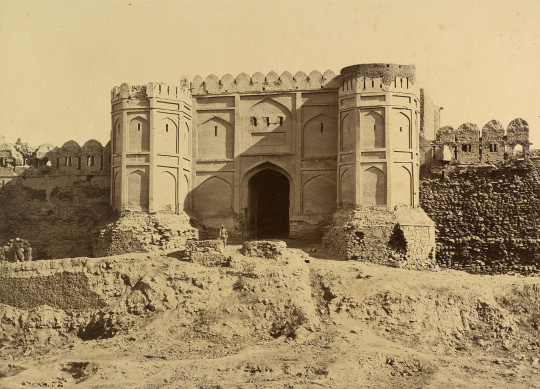
Bala Hissar gate in Kabul, Afghanistan, circa 1880.
983 notes
·
View notes
Text
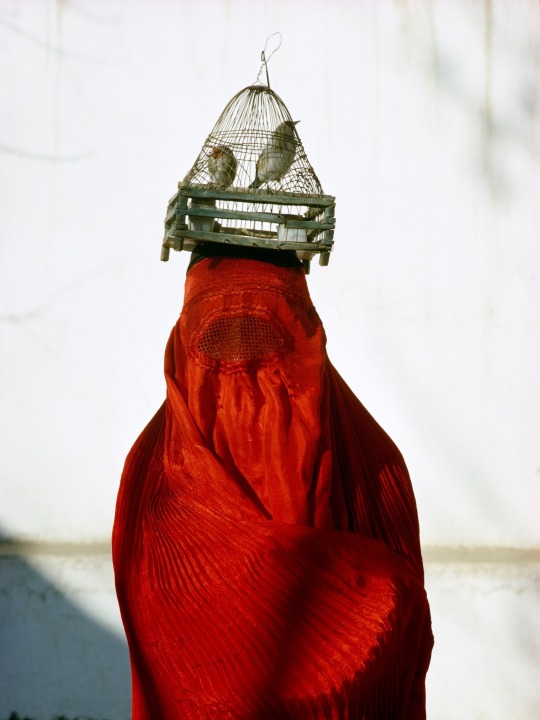
Woman transports goldfinches in Kabul, Afghanistan, 1968 - by Thomas J. Abercrombie (1930 – 2006), American
244 notes
·
View notes
Text
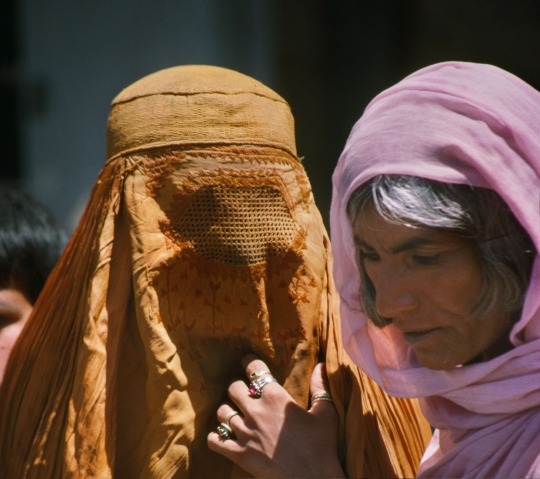
Women in a downtown market, Kabul, Afghanistan.
May 1, 1988
Robert Nickelsberg
156 notes
·
View notes
Text
One could not count the moons that shimmer on her roofs,
Or the thousand splendid suns that hide behind her walls.
— Khaled Hosseini, A Thousand Splendid Suns
#dark academia#khaled hosseini#dark aesthetic#love#literature#poetry#quotes#a thousand splendid suns#kabul#beautiful quote#beauty#afghanistan#spilled words#spilled ink#book quote#books
78 notes
·
View notes
Text

Sakhi Shah-e Mardan (Ziyarat-e Sakhi) Shrine in Karte Sakhi, Kabul, AFGHANISTAN
#sakhi shah-e mardan#ziyarat-e sakhi#shrine#mosque#mezquita#karte sakhi#kabul#afghanistan#afganistan#asia
168 notes
·
View notes
Text

An Afghan woman in 2002 lifts her veil as she takes her son to school in Kabul for the first time after the fall of the Taliban.
84 notes
·
View notes
Photo
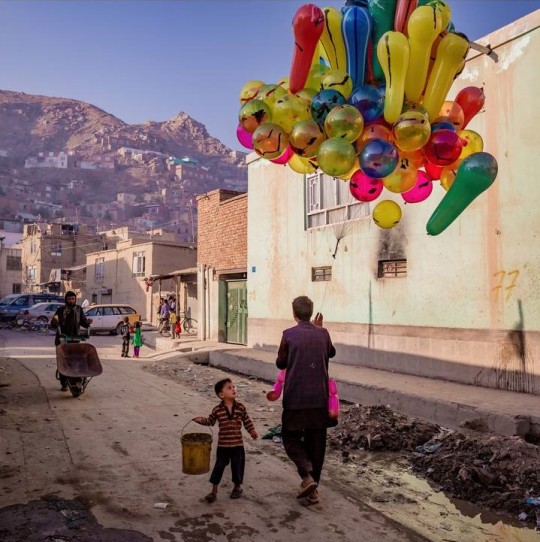
Balloon Seller in Kabul, Afghanistan, 2013
Photographed by James Longley
891 notes
·
View notes
Text
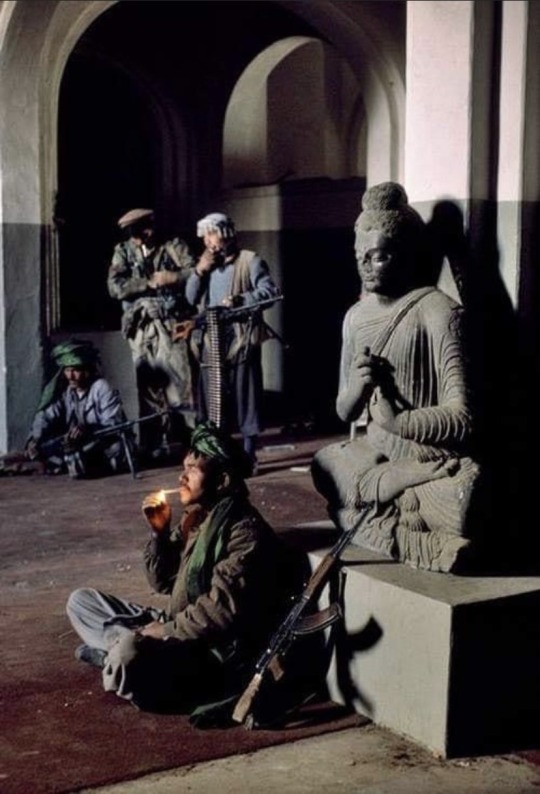
Members of the Northern Alliance at the Kabul Museum in 1995.
#kabul#Afghanistan#the northern alliance#buddha#90s#photography#central asia#kabul museum#own post#kalashnikov
175 notes
·
View notes
Note
Random question, but something I've wondered for the last few years: concerning Afghanistan, should the US have considered leaving a few thousand troops in Kabul indefinitely while withdrawing troops from the rest of the country?
It seems like the capital city would've been relatively easy for American troops to defend, and their presence there could have blocked the Taliban from fully returning to power. A singular focus on protecting Kabul might've been one way to prevent the worst possible outcome.
When President Trump left office and President Biden was inaugurated in January 2021, there were only 2,500 American troops left in Afghanistan. The Trump Administration had made a deal with the Taliban to withdraw all American troops by May 2021, and Biden pushed that back by a few months, but if the U.S. wanted to defend Kabul we almost certainly would have had to commit to another surge of American troops and that simply wasn't going to happen. It would have required a bigger fight against the Taliban because we would have been pulling out of the deal that the Trump Administration negotiated and the Taliban was already in the process of rapidly regaining control of the country by that time.
Even when he was Vice President, Joe Biden strongly believed that the United States needed to get out of Afghanistan because the only other option was to be there forever. Twenty years of training and equipping Afghan troops still hadn't resulted in a national force that could stand on its own, so Biden had argued against troop surges since the earliest days of the Obama Administration. There was no way that Biden was going to surge the number of troops once he became President, and Trump was so determined to withdraw all the troops from Afghanistan before the end of his term that his Defense Department had to beg him to pump the brakes.
Just to defend Kabul would have required much more than those 2,500 American troops left in the country on the day Biden was inaugurated. And the Afghan government of Ashraf Ghani was an unreliable partner that was corrupt and often seemed oblivious to what was actually happening throughout the country. You used the word "indefinitely" and that's exactly what Biden (and Trump, to be fair) wanted to avoid. We had already been in Afghanistan for 20 years, and things weren't heading in the right direction.
I certainly don't agree that we should have been there indefinitely. I think we probably should have bolstered the American forces in Kabul for a short and specific amount of time in order to ensure that the withdrawal was less chaotic. But it was always going to be an ugly end. There was never going to be a victory in Afghanistan, and I supported the decision to withdraw American troops. I wish we would have done a far better job at protecting the Afghan people who worked for ISAF/NATO and ended up left behind to fend for themselves as the Taliban took over once again. It's a tragedy that those final days were such a mess, but one of our leaders was going to have to make the difficult decision to definitively end the neverending war that we were never going to win, and I think history will eventually see President Biden's decisive action in a different light, much like President Ford's pardon of Richard Nixon is understood differently today.
#Afghanistan#American withdrawal from Afghanistan#Fall of Kabul#Joe Biden#President Biden#Donald Trump#President Trump#Afghanistan War#War on Terror#Taliban#War
21 notes
·
View notes
Text

Man returns home with his dog. Kabul, Afghanistan, 2002.
Photo STEVE McCURRY
19 notes
·
View notes
Text

U.S. Marines with Special Purpose Marine Air-Ground Task Force - Crisis Response - Central Command, take a moment to rest during the evacuation at Hamid Karzai International Airport, Kabul, Afghanistan on August 21, 2021.
Five days later, 13 of their comrades would lose their lives in a suicide bombing. We shall never forget their courage and sacrifice. Semper Fi.
(Photo by Staff Sgt. Victor Mancilla)
150 notes
·
View notes
Text

Ruins of the palace at Bala Hissar, Kabul, Afghanistan, circa 1880.
263 notes
·
View notes
Text
🇦🇫🇵🇸 Taliban member from Afghanistan calls for sending troops to Palestine, stating: "We are 700k strong in Afghanistan. Send 400k to Palestine so we can destroy Israel."
#palestine#afghanistan#taliban#israhell#israël#israel#gaza genocide#free gaza#gaza strip#gazaunderattack#gaza#tel aviv#jerusalem#kabul#news update#human rights#war news#genocide#antisemitism
24 notes
·
View notes
Text
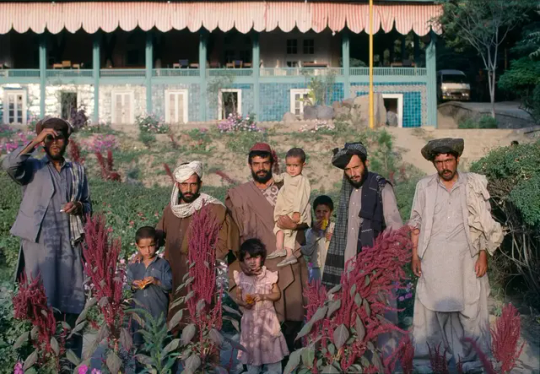
Men with their children in Babur’s Gardens, Kabul, 1991.
Robert Nickelsberg
57 notes
·
View notes
Text
Eravamo insieme davanti alla televisione mentre sullo schermo scorrevano le immagini della ritirata degli americani dall’Afghanistan, anno di grazia 2021, e l’arrivo dei talebani in varie città del paese. Le ragazze di Kabul fuoriuscivano dallo schermo, con i loro quaderni, i loro zaini, le loro matite, la loro voglia di non perdere l’istruzione e la vita che in quei decenni di relativa calma avevano ottenuto a suon di sacrifici. Quelle ragazze di un’altra latitudine le sono scoppiate letteralmente nel cuore. E ho visto hooyo [=mamma] tremare di rancore. Più volte si è alzata in piedi e si è avvicinata alla televisione. Più volte, con un gesto tanto meraviglioso quanto inutile, ha cercato di sorreggere quelle ragazze stanche e affamate di un altro continente con le sue mani minute che accarezzavano il vetro dello schermo. La vedevo mentre cercava di tendere loro il braccio per teletrasportarle sulla pista dove aerei dalla pancia grossa si dirigevano verso una salvezza qualsiasi.
Le facevano troppo pena quelle ragazze giovani e intraprendenti, immerse come grumi di merda nel canale di scolo che costeggiava l’aeroporto internazionale Hamid Karzai.
“Dovrebbero stare in un’aula, davanti a una maestra o a un maestro,” mi ha detto con voce sconvolta, adirata. “Davanti a una lavagna, con in mano un gesso, una penna, una possibilità. Accidenti, devono stare in classe con una maestra o un maestro che gli apre una finestra sul mondo.”
“Invece, hooyo,” sussurro io, “sono grumi di merda in un canale di scolo.”
Grumi di merda destinati a diventare grumi di sangue. Sì, sangue e materia cerebrale.
Quando il telegiornale ha dato la notizia di persone assiepate all’aeroporto di Kabul, ho visto la rabbia di hooyo trasformarsi prima in furia e poi in lacrime.
Per giorni ha camminato nervosa dentro casa, per strada, nelle terre della sua fantasia, alla ricerca di qualcosa che riuscisse a calmare le raffiche del suo cuore ferito. Era arrabbiata per la triste sorte che stavano subendo le ragazze di Kabul, ma era arrabbiata anche per se stessa. Si era rispecchiata in quelle giovani dagli occhi da cerbiatto, ragazze con quaderni e penne in mano, e si era chiesta perché a molte persone, più donne che uomini, sia ancora proibito sognare.
Igiaba Scego, Cassandra a Mogadiscio, Bompiani (collana Narratori Italiani), 2023¹; pp. 148-149.
#Igiaba Scego#letture#leggere#Somalia#narrativa#famiglia#Cassandra a Mogadiscio#autobiografie#guerra#Afghanistan#citazioni letterarie#generazioni#rifugiati#colonialismo#libri#diritti delle donne#diaspora#adolescenza#talebani#profughi#Hamid Karzai#emigrazione#infanzia#sentimenti#Kabul#letteratura italiana contemporanea#origini#umanità#memoria#intellettuali italiani
12 notes
·
View notes